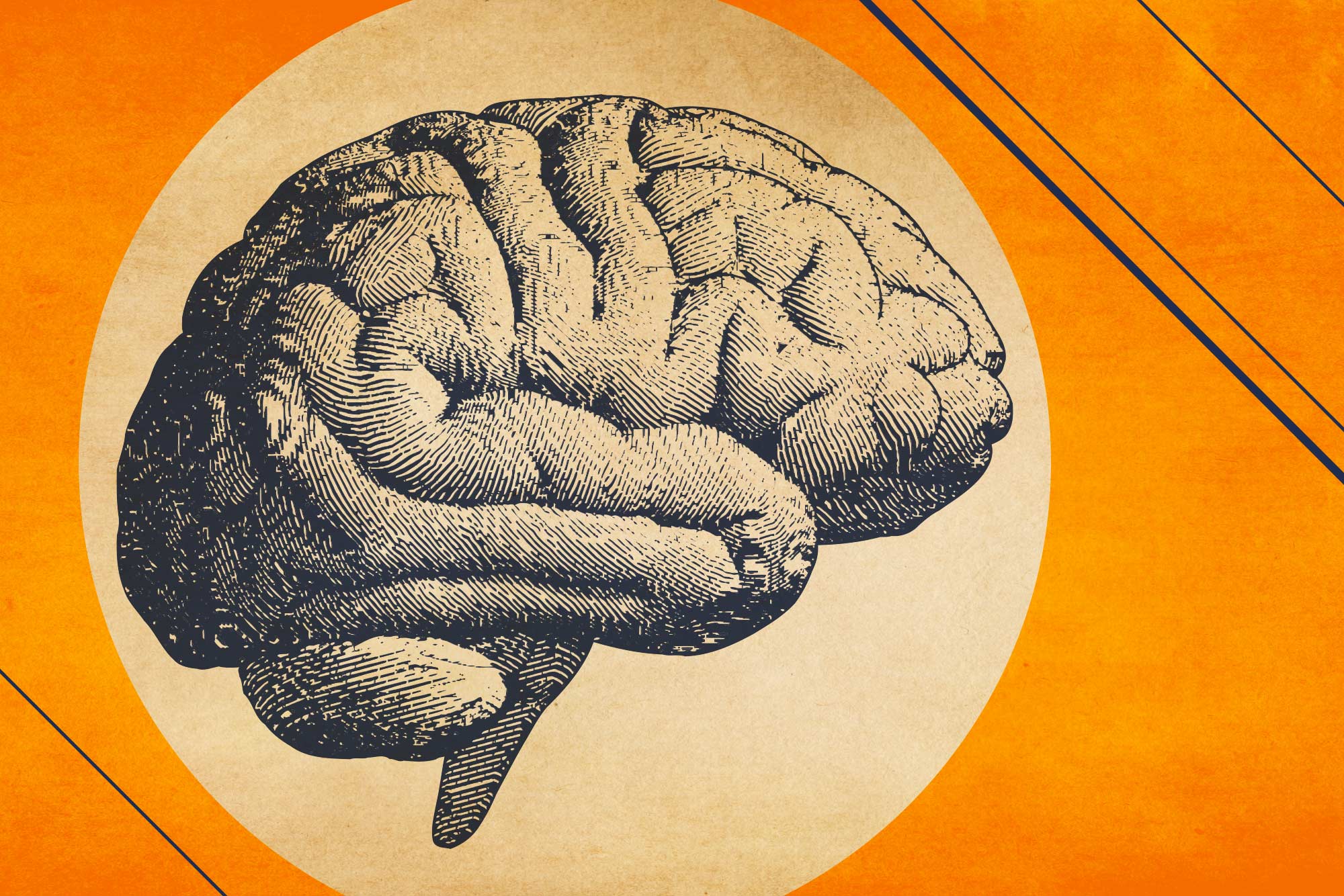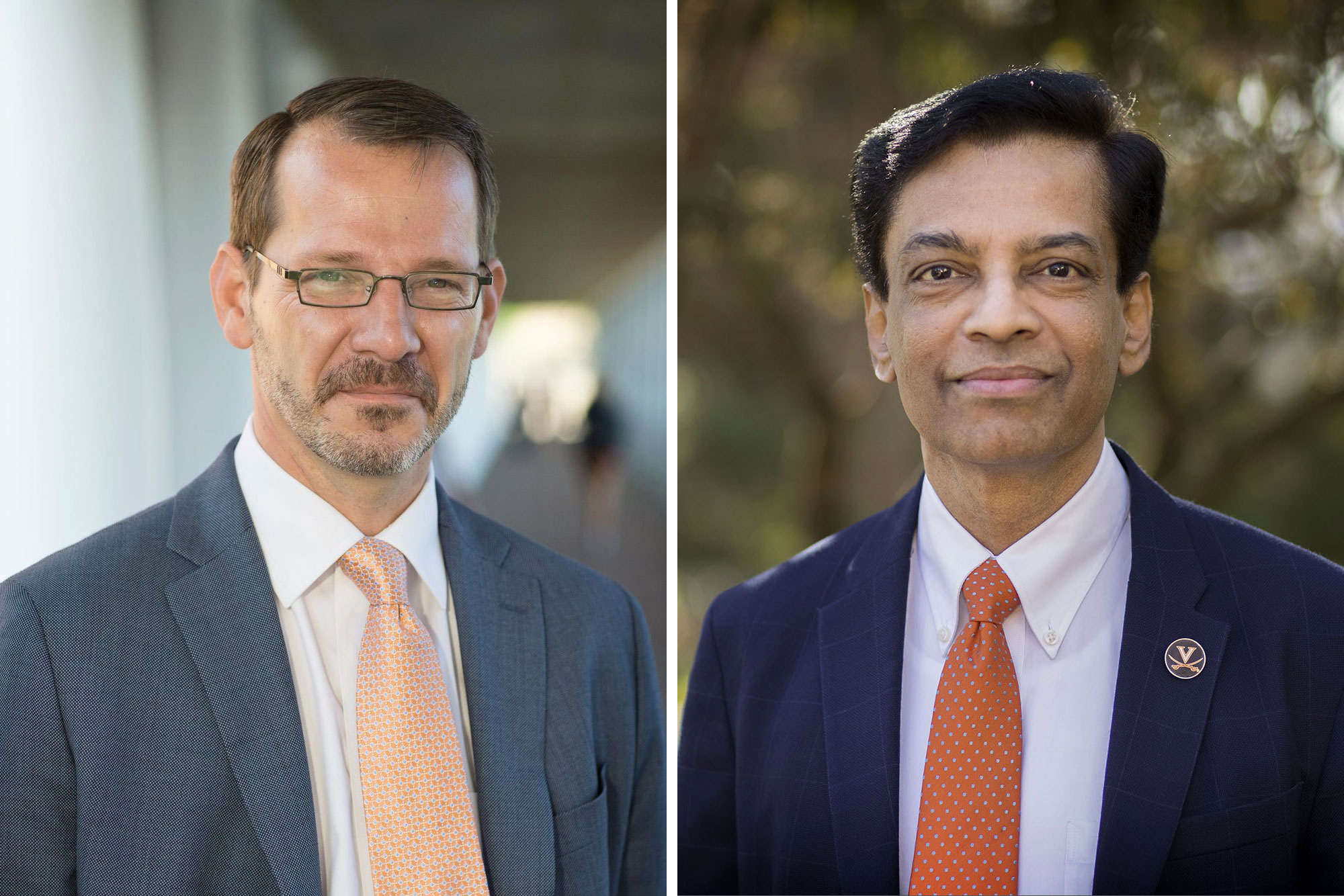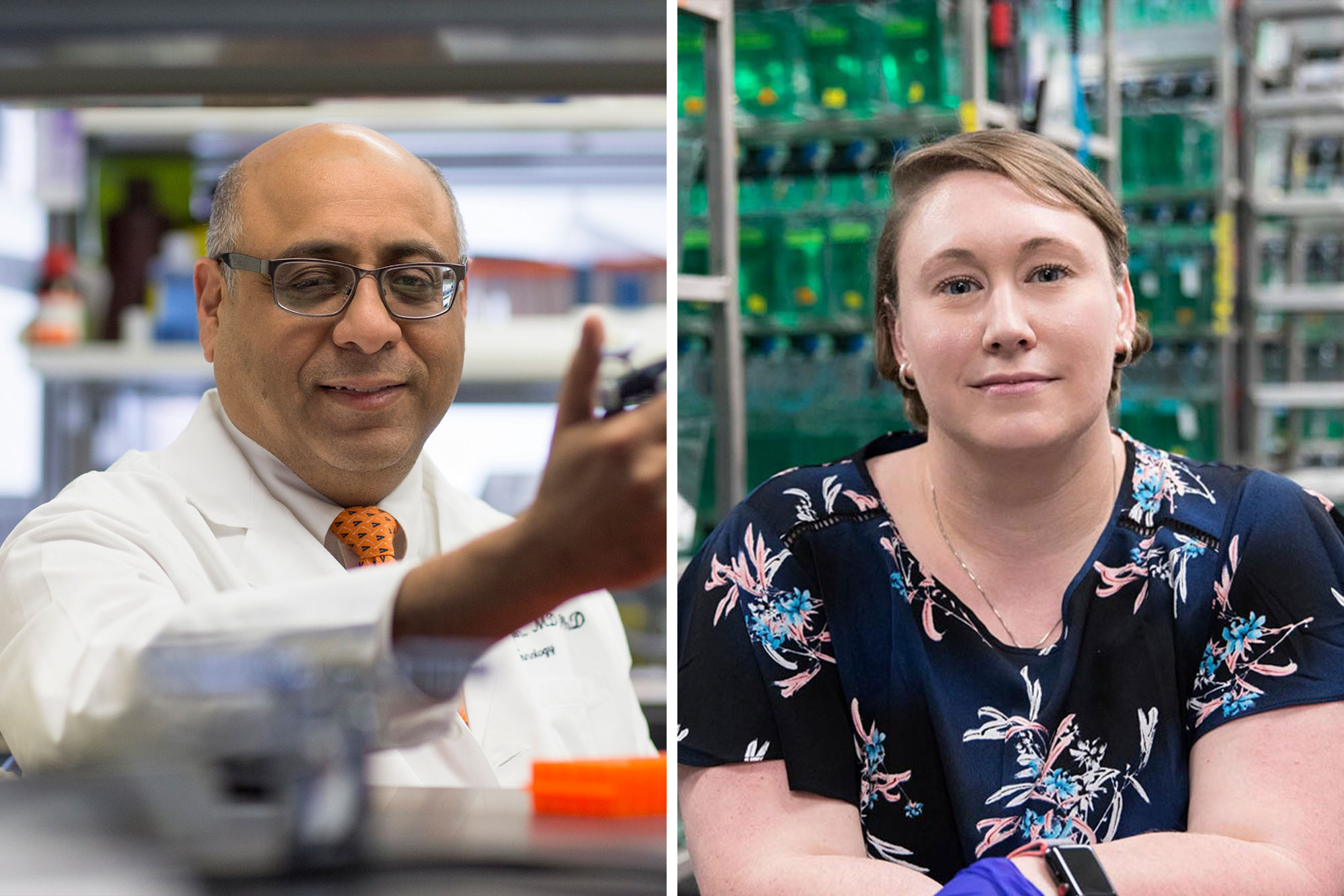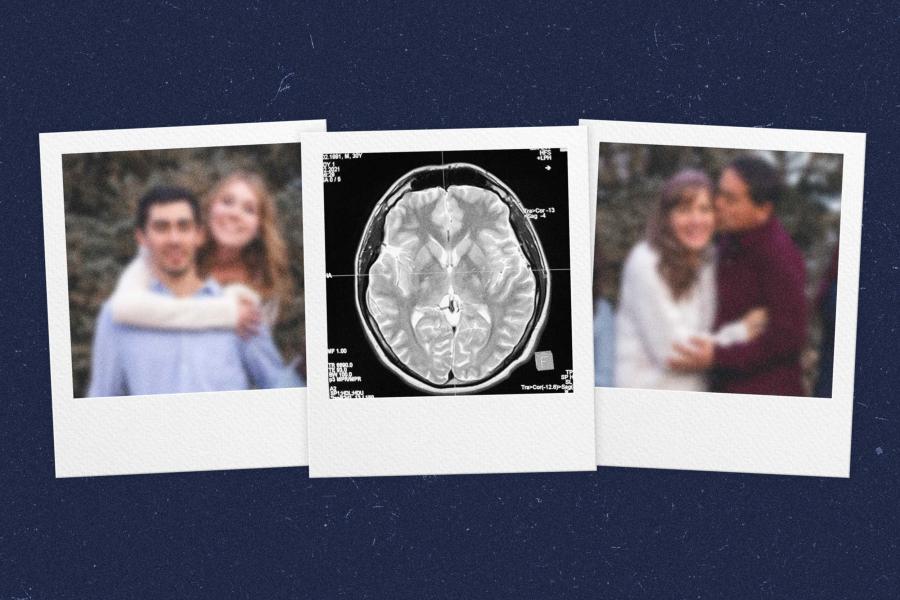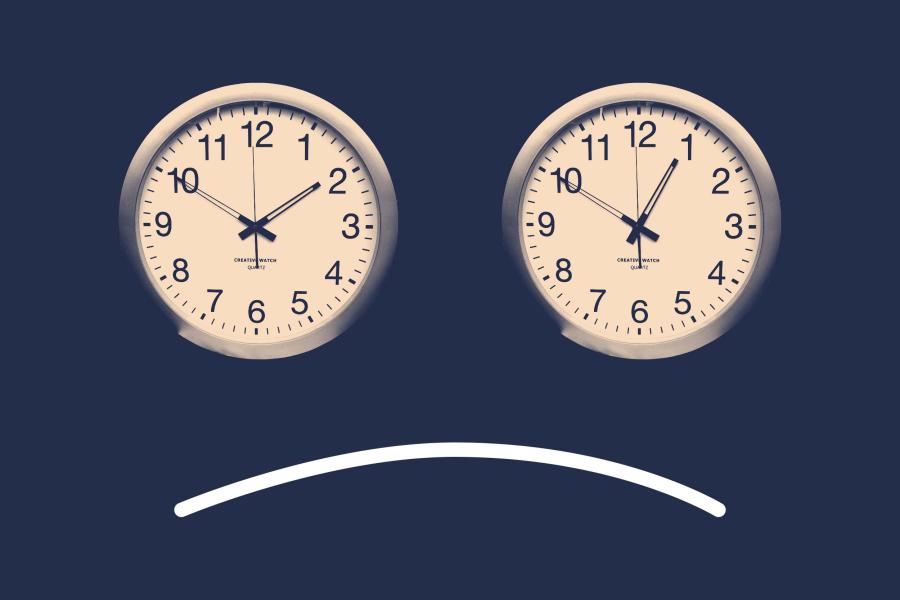“Our expectation of Grand Challenges funding is that it will lead to great field-changing research – and that our research will change human lives, patient outcomes and childhood education,” Baucom said in a statement following Friday’s announcement of the initiative at the Board of Visitors’ June meeting.
“We are making these investments with the clear intention to see results that we can scale up and share widely for the public good,” he said. “That is a crucial expression of our mission as a public research university, and of the 2030 Plan’s emphasis on being great and good.”
Ramasubramanian added, “Grand Challenges will help build a critical mass at UVA and grow research through the generation of large-scale extramural funding, while addressing some of our most pressing global problems.”
The Grand Challenge in neuroscience’s initial studies will:
- Investigate why caregivers of Alzheimer’s patients are more likely to develop dementia than their peers who don’t serve as caregivers.
- Test the capacity for focused ultrasound to help deliver immunological therapies across the brain’s protective barrier.
- Catalog neurodiversity among the many forms of autism to develop enhanced interventions and educational approaches for students from early childhood onward.
- Deploy multiple technologies to better understand the brain’s overall circuitry and development.
Jaideep Kapur, a professor of neurology and director of the UVA Brain Institute, and Sarah Kucenas, a professor of biology and director of the Program in Fundamental Neuroscience, said the research slate was chosen through a yearlong process that included online meetings, opportunities for collective idea generation, and a University-wide conference that involved more than 100 faculty, staff and students.
“This is an investment in the UVA neuroscience community writ large,” Kapur said. “All the ideas people gave us, we captured. We had something like a 40- to 50-page document at the end, and we sought to find the common threads throughout.”
Though there are specific areas of emphasis, the Grand Challenges are all about “encouraging wide interdisciplinary connections,” Kucenas said.
In partnership with deans and other academic leadership, Kapur and the Brain Institute will play a key role in coordinating and administering the work of faculty members, students and staff in the schools of Medicine, Engineering, Arts & Sciences, Nursing, Data Science, Leadership and Public Policy, and Education and Human Development.
